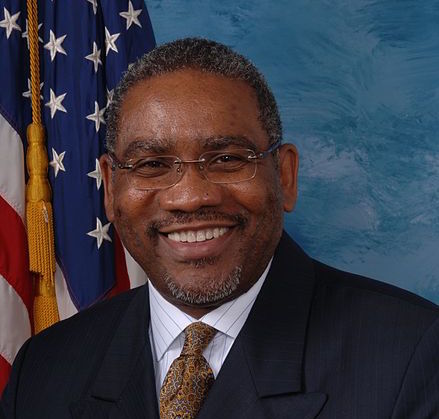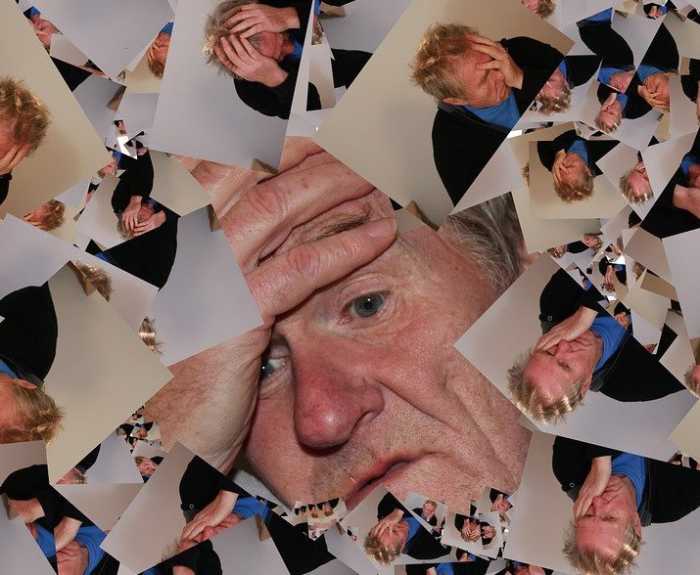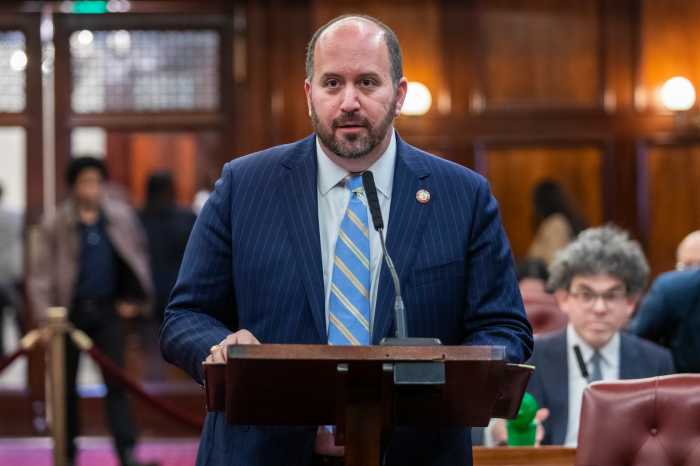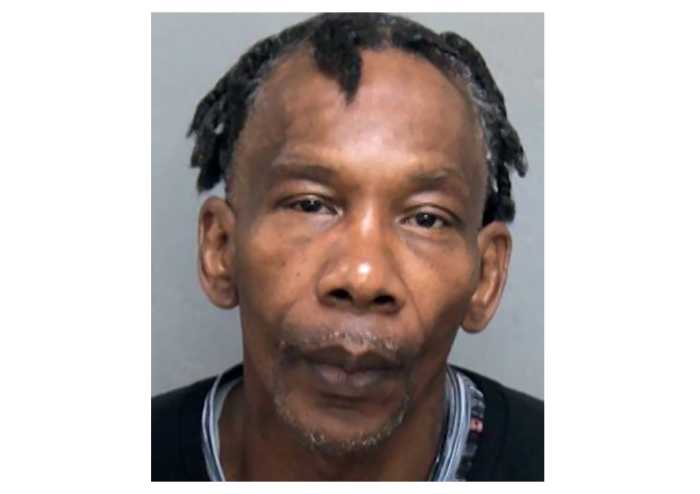First Lady Chirlane McCray was joined by city officials and community members on Monday at the Blue Room in City Hall to announce Brothers Thrive, a new initiative to address mental health in the black community.
This effort is led by Deputy Mayor J. Phillip Thompson and plans to train 10,000 people on mental health with 3,000 as a projected goal for next. These people would ensure those requiring assistance receive adequate resources.
“The one in five people who live with mental illness or addiction too often struggle and suffer in silence rather than speaking openly with their challenges or asking for help,” McCray said. “Black men are no exception.”

U.S. Rep. Gregory Meeks (D-Jamaica, Laurelton, Rosedale, Cambria Heights, Saint Albans, Springfield Gardens, Far Rockaway, JFK Airport) began the event by discussing the pain that African-Americans face in society because of mental health stigma.
“I’m came here today to let them know we see you,” he said.
Furthermore, the Queens representative explained that anyone with a mental health can access the city’s resources to talk.
“Remember you matter to the wholeness of your family and your community,” he said.
McCray spoke about her father as someone she believed experienced depression. She believed the discourse during his time restricted the ability of people to acknowledge their mental illness in a healthy, open environment.
With the effort of six organizations, McCray felt this is an opportunity to change the lives of many people who struggle with a form of mental illness. Black men are less likely than black women to use mental health services, according to the National Alliance on Mental Illness. In addition, 18.6 percent of black adults live with a mental health condition. This is higher than Latinos, whites, or Asian adults.
The First Lady later elaborated there is no set funding for Brothers Thrive and would be done for the betterment of all. This follows the announcement of Sisters Thrive, a similar program launched in December.
Thompson highlighted the various definitions of mental health for different demographics. Over policed youths may suffer from anxiety for example.
“If we’re going to repair our community it is imperative that black men, all of us, lead and be in the frontlines. We need to create our own narrative or what mental health means, what are the issues and challenges, and what are the solutions,” he said.









